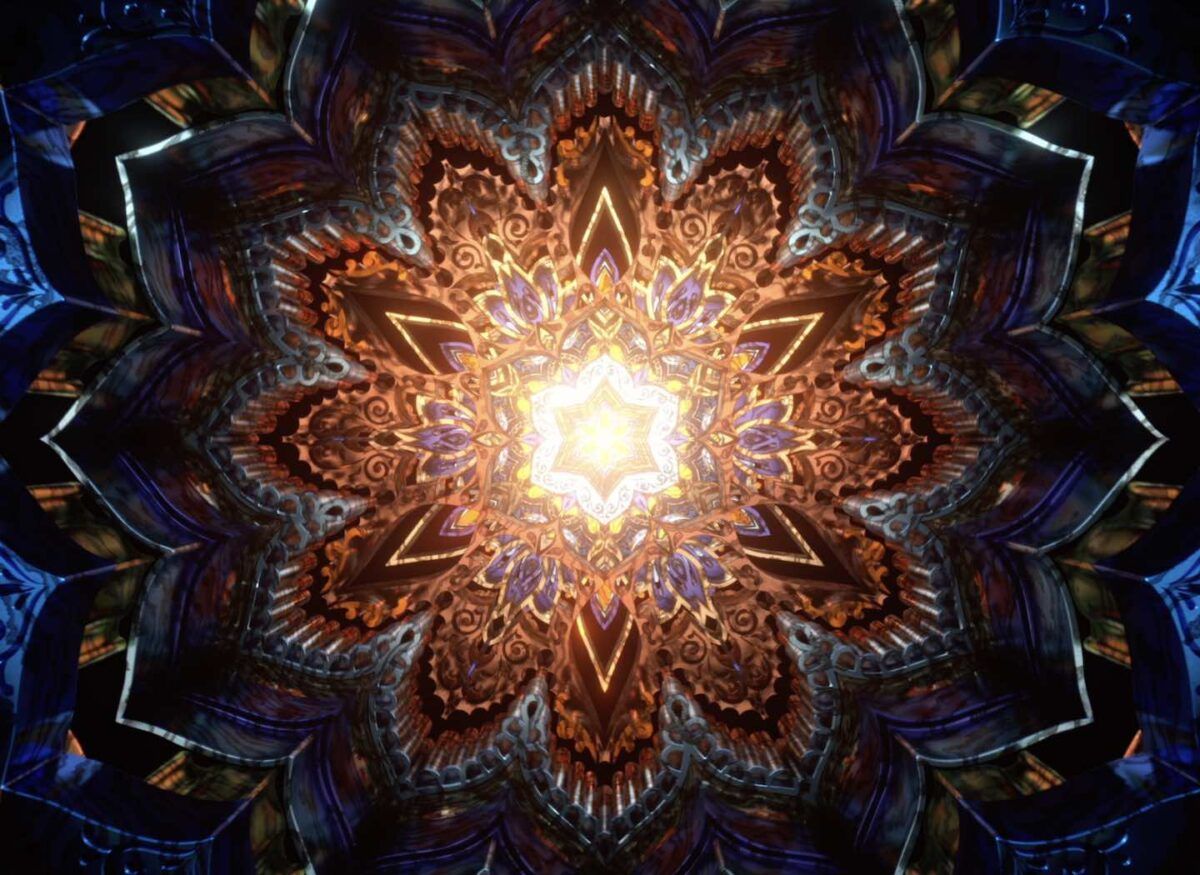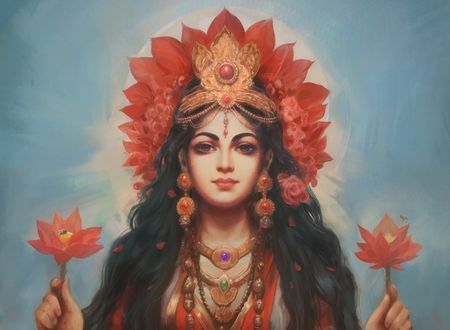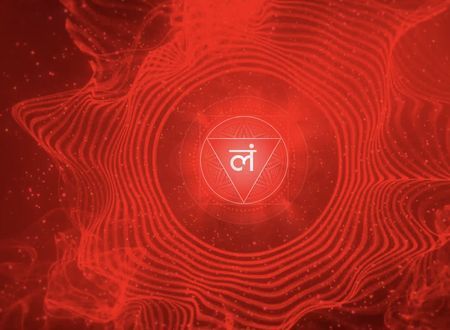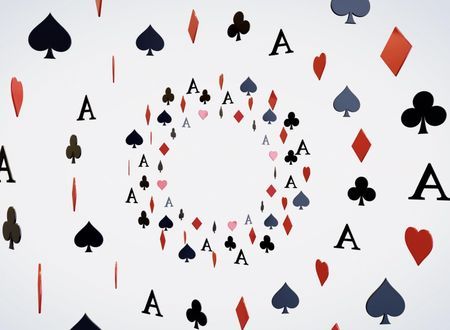The quest for a spiritual master is a significant undertaking, perhaps the most consequential decision a seeker can ever make. It is a search that is somewhat akin to getting married. Pick the wrong one and you end up with a lifetime of wisdom in a fleeting moment. And if by some stroke of luck you stumble upon the right one, you are at the threshold of liberation. Either way, you emerge triumphant.
Naturally, the question arises: how does one choose the right guru? Should you follow your heart brimming with emotions or your mind rife with calculations? How can you evaluate your options?
Well, you can’t. And that’s the uncomfortable truth.
There is no definitive way of knowing upfront if a guru is right for you. For if you could really understand the how, why and what behind your guru then he/she is only marginally better than you. And if you can’t understand him at all, it doesn’t necessarily imply that he’s way ahead of you. It could be that he doesn’t know any better. Just because someone’s cryptic doesn’t mean he’s a mystic. In other words, how can a disciple possibly judge their guru? Can a toddler appreciate or understand why the mother is insistent on feeding her the veggies? And that’s where it really gets tricky. There is very little you can do to evaluate a spiritual master before you take the plunge.
When I met Naga Baba, I always asked myself if I was really in a position to agree or disagree with him. Whether I was capable or learned enough to perform an unflinching and unbiased examination of his ways. The answer was a resounding no. If that indeed was the case, which it was, I had no basis then to form an opinion about him other than the ramblings of the conditioned self. That was the chief reason why I pledged my lifelong allegiance to him. As far as I was concerned, it was either him or no one else. I was certain that if the Universe had to bless me with the bounty that I sought in the form of a vision of the Divine Mother, it would choose any guru to be the medium and that ultimately it was up to me to be brutally honest with myself in my thoughts, actions, and speech.
Am I suggesting that there is absolutely nothing you can do to ensure that you pick the right person as your guru? Not quite. There is one thing you can do. The most objectively, patiently and candidly you do that, the more aligned your heart and mind are going to be in choosing the right spiritual master. And that one thing is to observe your guru. In your guru’s conduct and speech, do you hear and feel the truth? Here is the two-part evaluation:
What do you see?
In Opening the Hand of Thought by Kosho Uchiyama, there’s an insightful personal story on the teacher and disciple relationship narrated by Shohaku Okumura. Verbatim. Annotation in square brackets mine:
The next spring I [Okumara] visited Antaiji [the monastery] again and asked Uchiyama Roshi [Kosho Uchiyama] to ordain me. He said, “I never encourage people to be ordained. It is very difficult to be a true monk. There are already many meaningless people wearing robes. If you want to be a true practitioner of zazen, I will accept you.” I still appreciate his reply to my request—it left me no room for making excuses or shifting blame…
The day after my ordination ceremony [Dec 8, 1970], I had a chance to talk with him [Uchiyama Roshi]. He said, “Yesterday when I had tea with your father before the ceremony, he asked me to take care of you, but I can’t do that. You should practice yourself and walk on your own legs.”
That was the first teaching I received personally from my teacher. He said that he never faces his disciples: he faces the Buddha and walks in that direction as his own practice. And if I want to practice with him as his disciple, I should also face the Buddha and go in the same direction with my own feet.
If you see your guru facing the disciples, that guru has stopped progressing spiritually. They may be famous or imposing, they are unlikely to bring peace to your soul. Any feelings of deep contentment and transformation are going to be temporary in the presence of such a guru.
So observe and observe carefully.
What do you feel?
Andrea Frost writes a beautiful passage in Through a Sparkling Glass.
I looked around the restaurant at other tables, other pairs, couples and clusters drinking wine, some laughing, some talking intently, everyone now in the core of their conversations.
It never ceases to amaze me, I thought, whether by survival, ingenuity or necessity, how different people’s personal lives can be from the external stories they show to the world. As I looked around and watched people talk, I wondered about all that real life being spoken about—behind the wine—at every table.
Do you feel courageous enough to not hide your real life from your guru? If you find yourself holding just another socially polite conversation with him (or her) rather than baring your soul, you are either not in the presence of a true spiritual master or you are not ready for each other.
When what you see and what you feel are aligned, the odds are heavily in your favor. You have hit the jackpot and it’s not an everyday occurrence.
You know an afterimage? That phenomenon, an optical illusion that occurs when the eye continues to see an image even after it is no longer present. It is caused by the persistence of a visual sensation in the brain that surfaces after the original stimulus has been removed.
Meeting the right guru is a wonder like an afterimage. You continue to see the divinity in everything around you, the same divinity you saw in your guru. Even if it is an illusion or transient, it is persistent and transformative. It changes the way you perceive everything. It patently alters not only what you see in the world but also how you see what is in front of you.
लाली मेरे लाल की जित देखूं तित लाल। लाली देखन मैं गई मैं भी हो गयी लाल।। Lālī mere lāl kī jit dekhū̃ tit lāl. Lālī dekhan mai gaī mai bhī ho gaī lāl. (Kabir). The divinity of my Divine has dyed everything divine. I went looking for that divinity (color) and got soaked in it myself.
Perhaps that’s why they say, you become the object of your faith eventually. And there is only one thing that will tell if this color, this transformation, is real and permanent or not and it will be your conduct — inner and outer.
As long as you are facing the Truth and walking on your own two feet, you will continue to scale new spiritual heights. The rest is immaterial.
Peace.
Swami
A GOOD STORY
There were four members in a household. Everybody, Somebody, Anybody and Nobody. A bill was overdue. Everybody thought Somebody would do it. Anybody could have done it but Nobody did it.
Don't leave empty-handed, consider contributing.It's a good thing to do today.









Comments & Discussion
294 COMMENTS
Please login to read members' comments and participate in the discussion.